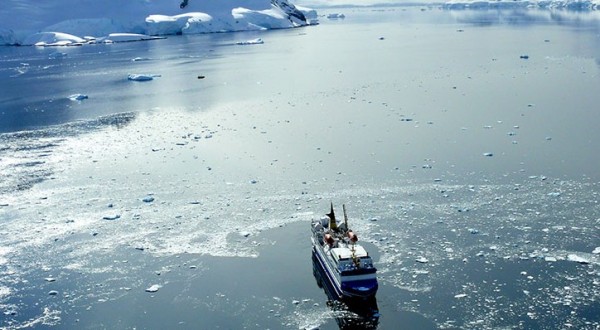Exactly 60 years have passed, since the “Antarctic Treaty” was inked in Washington on 1st of December 1959. Yesterday, was the 60th anniversary for the agreement, which made Antarctica a peaceful place for science purposes and international collaborations.
The “Antarctic Treaty” agreement gave the ability to its participants, to put in place principles for the governance of the region including: freedom of scientific investigation and the exchange of scientific findings, non-militarisation of Antarctica and the Southern Ocean, and accommodating the positions of all Parties on issues of sovereignty.
Moreover, the agreement is considered to be a global achievement of international cooperation during all these years, as it led to a series of meetings, involving four major international agreements, which are the following: the 1959 Antarctic Treaty, the 1972 Convention for the Conservation of Antarctic Seals, the 1980 Convention on the Conservation of Antarctic Marine Living Resources and lastly the 1991 Protocol on Environmental Protection to the Antarctic Treaty.
For the records, Australia was a keen participant in the negotiation. Furthermore, the 12 original signatories which also had remarkable interests in Antarctica at the time, were: Argentina, Australia, Belgium, Chile, France, Japan, New Zealand, Norway, South Africa, the Soviet Union, the United Kingdom and the United States. Until today, there are 54 parties to the agreement.
Specifically, the Treaty had been put into force on June 23, 1961 and until then applies to all land and ice-shelves south of 60° South latitude. In some of its 14 articles, the agreement :
- presents that Antarctica should be used as an area for peaceful purposes and science collaborations. The military activities, such as the establishment of military bases or weapons examinations were not allowed .
- ensures continued freedom to conduct scientific research, such as the International Geophysical Year (IGY).
- exchanges freely available scientific observations and results from Antarctica to the other participants.
- enhances the international scientific cooperation, including the exchange of research plans and personnel.
Overall, the climate change has negative impacts on the Antarctic, while many threats for the environment have been presented due to ocean warming and melting of the ice in the area.































































